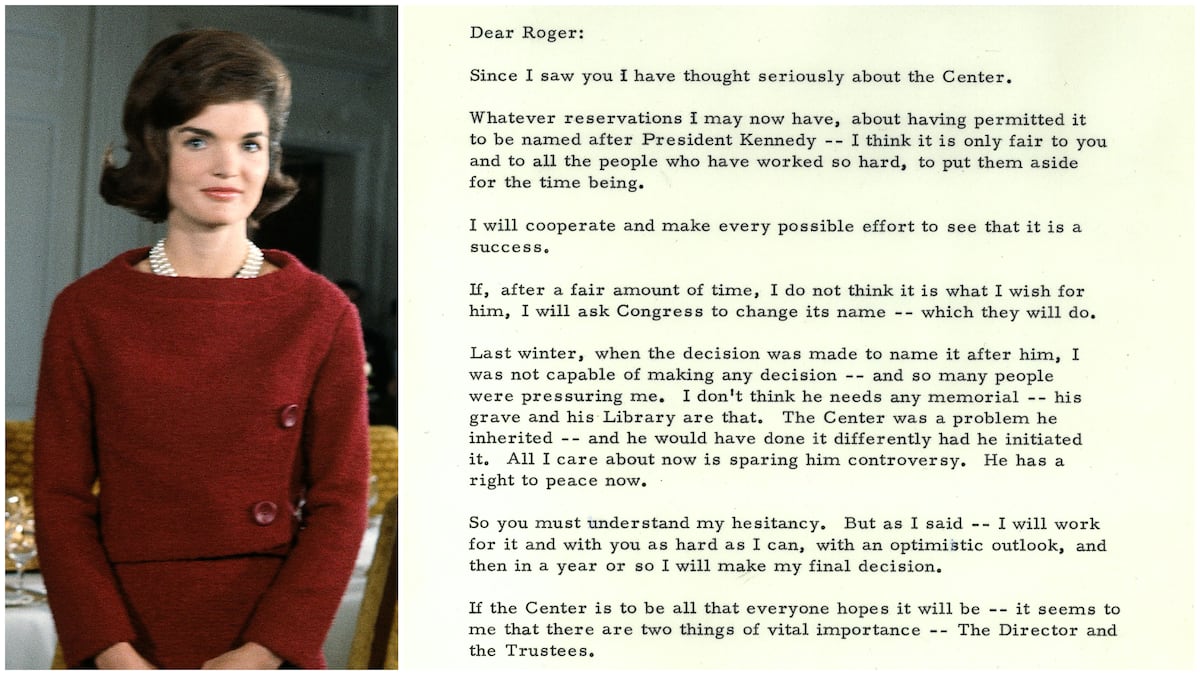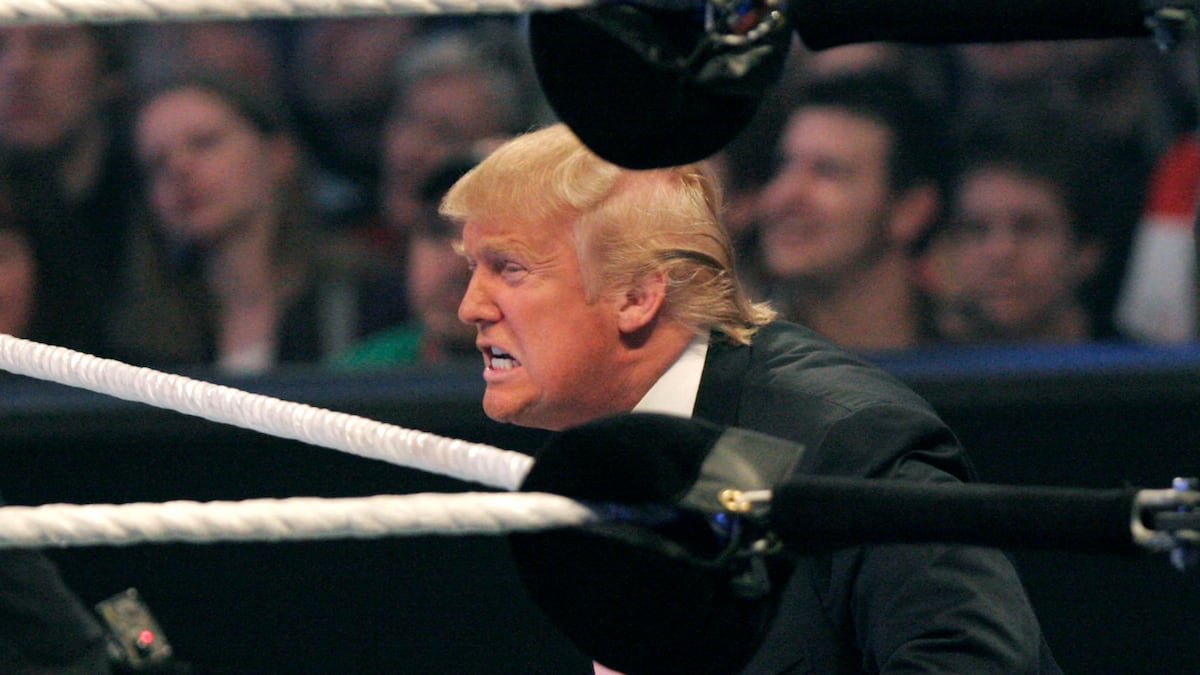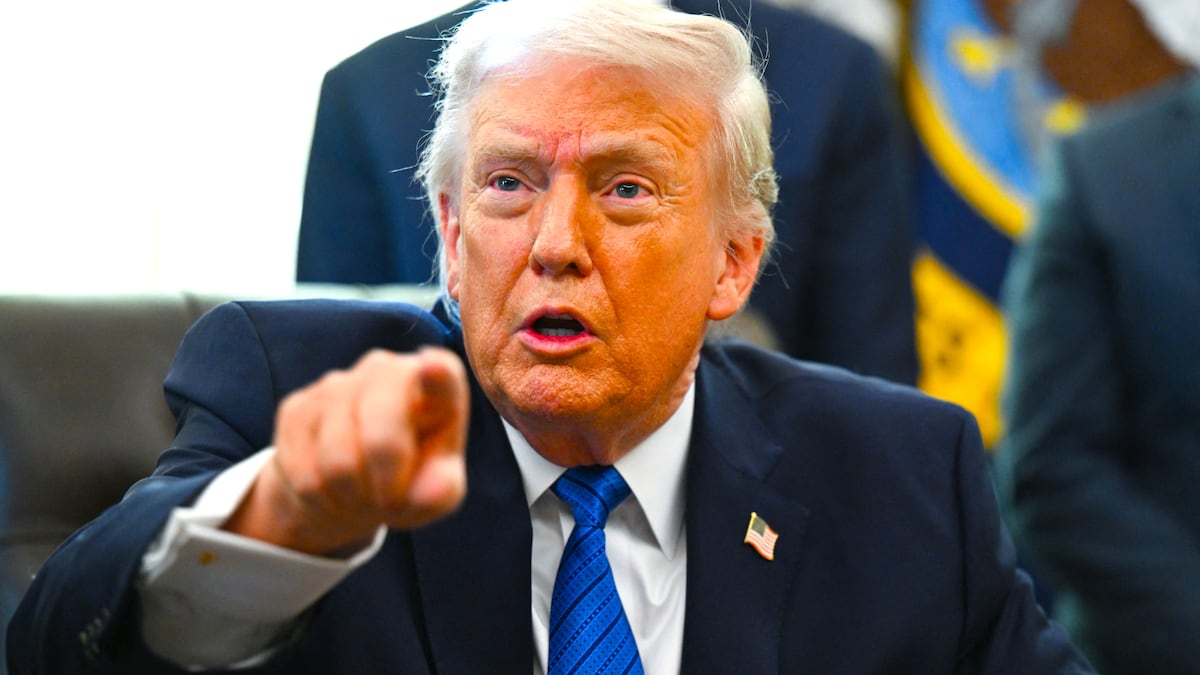On Thursday, President Trump suffered the most serious repudiation of his presidency to date and the most important defection from the team of advisers he brought into his administration when he took office. Both came with the resignation of Secretary of Defense James Mattis and the powerful, trenchantly timed letter he submitted explaining the reasons for his departure.
Two key points were cited by Mattis as intractable differences that existed between him and the president. First, he stated his strong belief in the alliances on which U.S. foreign policy has depended for three-quarters of a century and which have been serially attacked and eroded by Trump. Next he offered an explicit critique of the actions of Russia and China which he characterized as profoundly threatening on many levels.
“Because you have the right to have a Secretary of Defense whose views are better aligned on these and other subjects, I believe it is right for me to step down from my positions,” Mattis wrote.
The president tried to characterize Mattis’ decision as a retirement. But it was clearly not just a resignation but a public statement of discomfort with the policies and approaches of the president following directly on the heels of his shocking decision to ignore his advisers' counsel and to withdraw immediately from Syria.
Each of Mattis’ points resonated with the Syria decision. Allies were shocked by it and some, such as the Kurds, who fought valiantly in the conflict with the Islamic State alongside U.S. troops, were left unprotected and at risk. The British announced they learned of the action from a tweet. Further, the decision gave a great victory to the Russians, one that they hailed in their role as one of the few defenders of the president’s action. It came on a day that the Treasury Department also relaxed sanctions on two major Russian oligarchs including Paul Manafort’s former client Oleg Deripaska. Needless to say, it also came in the context of a growing awareness of the number of ways the Trump Team was compromised by their Russia ties and of the ways they have sought to obstruct that investigation.
Filling a Mattis-shaped hole in the president’s cabinet will be exceedingly difficult. He was widely regarded by both Democrats and Republicans as the gold-standard of the Trump team, a distinguished military leader known for his thoughtfulness and commitment to principle. He was part of the so-called “Axis of Adults” and “Trump’s Generals,” groups seen as potential checks on the erratic, impulsive and inexperienced president. Those generals—Mattis, H.R. McMaster, John Kelly and, briefly, the disgraced Mike Flynn—are all gone or going. So to is any semblance of a collection of adults. Trump is now surrounded by evil-minded toadies like Stephen Miller, sharp-elbowed partisans with outside-the-mainstream agendas like National Security Adviser John Bolton and Secretary of State Mike Pompeo. And a large number of positions are unfilled and, apparently, given the president’s legal predicaments and famously unhinged management style, they will be difficult to fill going forward.
This raises of course, the prospect of Trump, increasingly under pressure from the 17 investigations into him and his family, behaving ever more erratically and compounding the Syria policy spasm with others that may be even more grievous in their consequences. This is the worst case. Trump has proven himself unstable and unfit for the presidency and just as his worst traits are likely to become even more threatening to our national security and that of other nations, he is increasingly unchecked, left to be advised by his famous “gut” which he has argued is better than the brains of all his advisers.
There was debate for many months about whether Trump’s top aides perhaps should quit to send him a signal that his behavior was unacceptable and, at the same time, to launch a flair that some in his own party might finally see and acknowledge as a warning signal. Throughout that period, it was argued that Mattis and those like him must remain in place out of duty because they could forestall the worst.
But clearly, Mattis, who took his duty very seriously, came to the conclusion that the value of such checks was now gone. Repeatedly—in Helsinki with Putin, in Singapore with Kim, in his defense of Saudi Arabia’s murderous crown prince Mohammed bin Salman, in his attacks on the FBI and the intelligence community, in his rejection of facts obvious to all—Trump has shown he cannot be controlled from within the administration.
Now, we can expect even worse. The checks on his relations with Putin within the administration are gone. The experienced hands are few and far between and the policy process is non-existent, the most dysfunctional in U.S. history—which suits both Trump and Bolton. Bolton and Pompeo, Iran hawks and apologists for the Saudis, the Israelis, and other Gulf states, will have more freedom. Relations with the military, already bad, will sour. Stephen Miller will gain stronger control over our border and immigration policies which suggests more human rights abuses are ahead. Our allies will have few champions and even less trust in the administration.
All this will happen because today Trump’s most highly regarded aide sent a message to the world and in particular to those responsible for presidential oversight on Capitol Hill. The president is not only outside the mainstream in his thinking, he is out of control. The man who controls the world’s most powerful military and the resources of the world’s richest government, is beyond assistance, beyond redemption, beyond influence other than by our enemies and his greed and narcissism.
That was more than a letter of resignation provided today by Mattis, it was a bright red line in American history. We will be judged by how we respond to his clear and courageous message.






